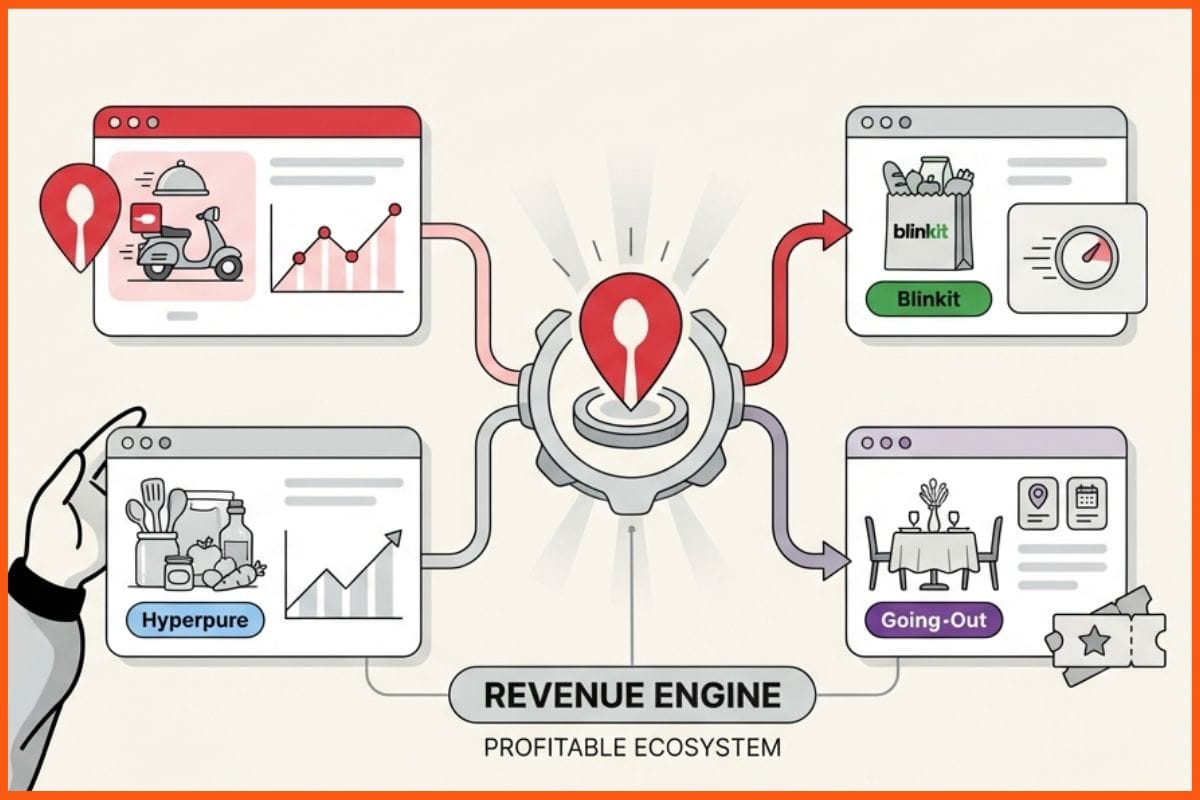Broadcasting Bill 2024: Government Withdraws Controversial Version to Float the Revised Version

Following extensive comments, the Broadcasting Services (Regulation) Bill will be published in its revised form, according to the Ministry of Broadcasting and Information's announcement on August 12.
This follows an August 12 request from the MIB, according to various media reports, for parties to hand back the printed versions of the controversial Broadcasting Services (Regulation) Bill, 2024.
In an effort to get stakeholders to send back hard copies of the draft without providing any comments, the MIB called them on August 12.
Afterward, on the evening of August 12, MIB announced that a new draft would be released after October 20, 2024. The government is currently accepting feedback on the bill draft for 2023 until October 15. In November 2023, this specific draft was made public.
The current state of affairs is that the 2024 draft, which was provided for consultation to a small group of stakeholders, has been removed.
Why this step was taken?
The ongoing consultation process that started in November 2023, when the ministry released the first draft version for public input, including the circulation of this document.
A media report stated that it is still not clear if the measure would be updated as a whole or if only some areas will be revised from the most recent draft. Only a few key stakeholders were given watermarked versions of this unpublished draft.
There has been a lot of backlash and debate surrounding the proposed Broadcasting Services (Regulation) Bill since its introduction last year. Concerns that YouTubers and Instagram influencers would be subject to the new regulatory framework have contributed to the issue's meteoric rise in social media prominence. Members of parliament have also brought up the issue.
Expected changes in the revised bill
According to the experts' predictions, the proposed law may name YouTubers and Instagram influencers as "digital news broadcasters," using government-determined criteria. Despite TikTok's ban in India, its creators could still be included under this category.
Digital news broadcasters would be separate from over-the-top (OTT) services and registered digital media businesses, according to the draft. Even though OTT platforms have a lot of freedom to be creative right now, the original version of the law suggested that they should be forced to follow a programme code.
Within one month of the bill's passage, content makers who fall under this new category would be required to inform the government of their activities. It doesn't matter how many followers an account has; this rule might apply to all accounts that distribute news information.
Similarly to OTT services like Netflix and Amazon Prime Video, these creators may be required to register under a three-tier regulation system, according to reports. To top it all off, they'd have to foot the bill for a "content evaluation committee" to review something before it launches. There may be criminal consequences for noncompliance.
The creation of a Broadcast Advisory Council, with the responsibility of imposing financial penalties for infractions, is another noteworthy component in the proposed legislation. The council would be made up of five officers appointed by the government and professionals from the industry.

Must have tools for startups - Recommended by StartupTalky
- Convert Visitors into Leads- SeizeLead
- Website Builder SquareSpace
- Run your business Smoothly Systeme.io
- Stock Images Shutterstock






